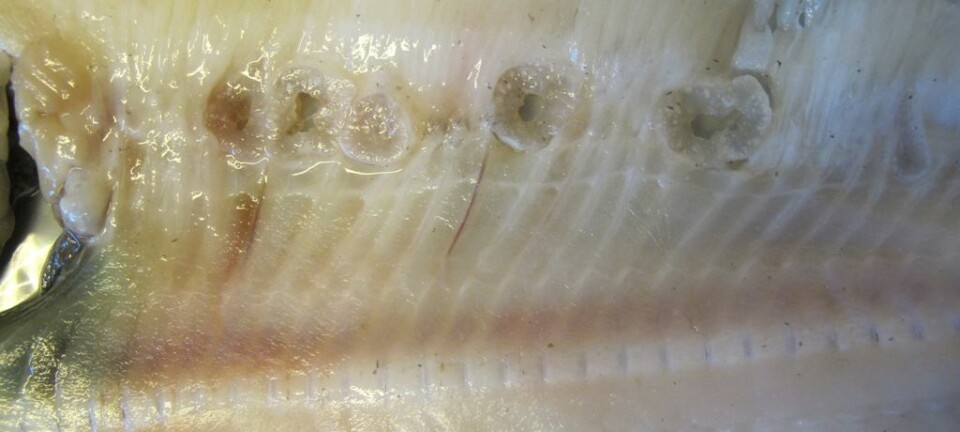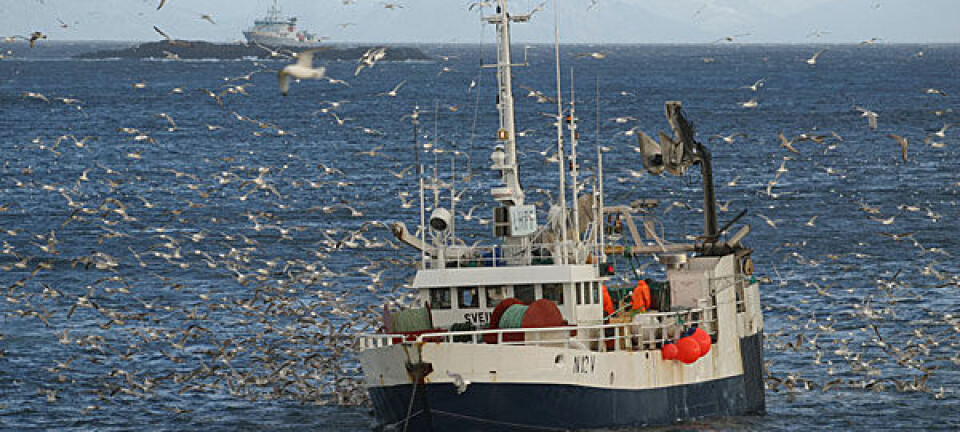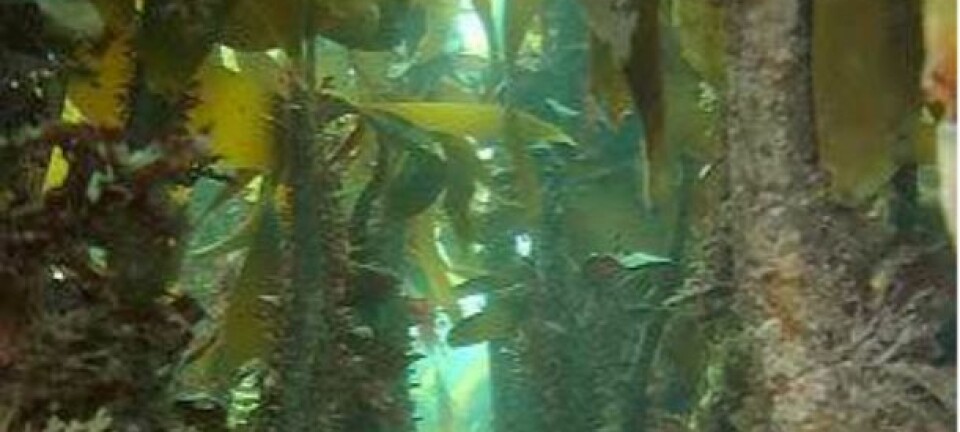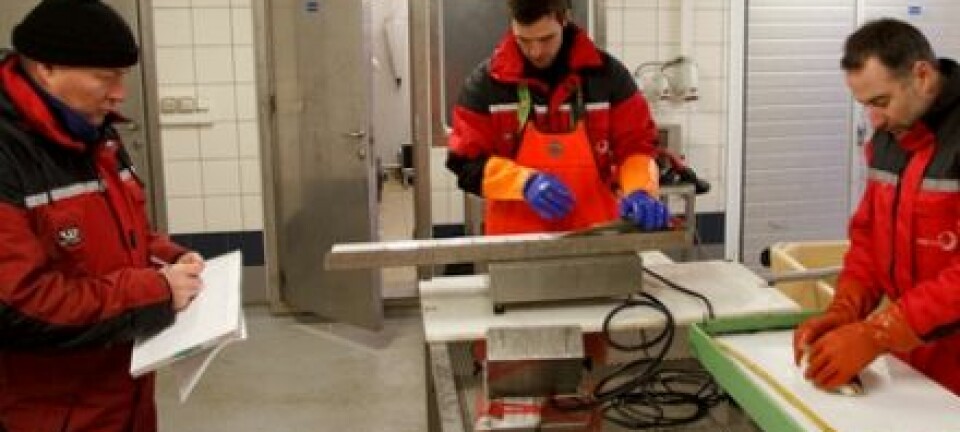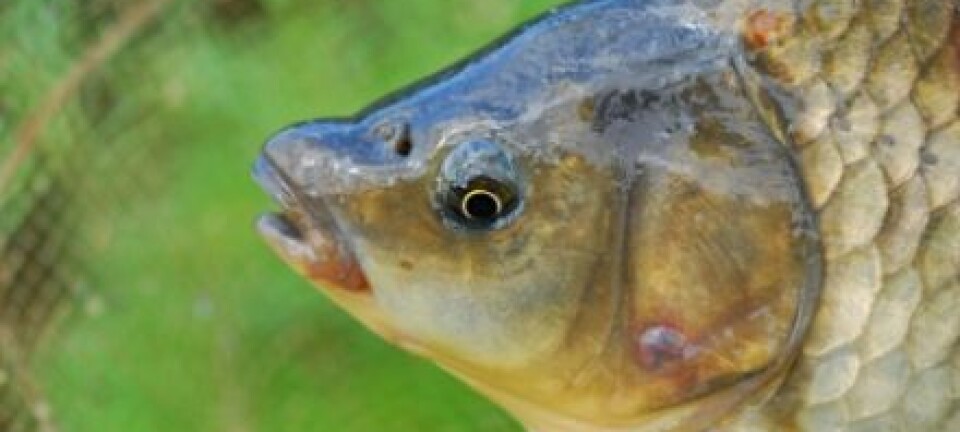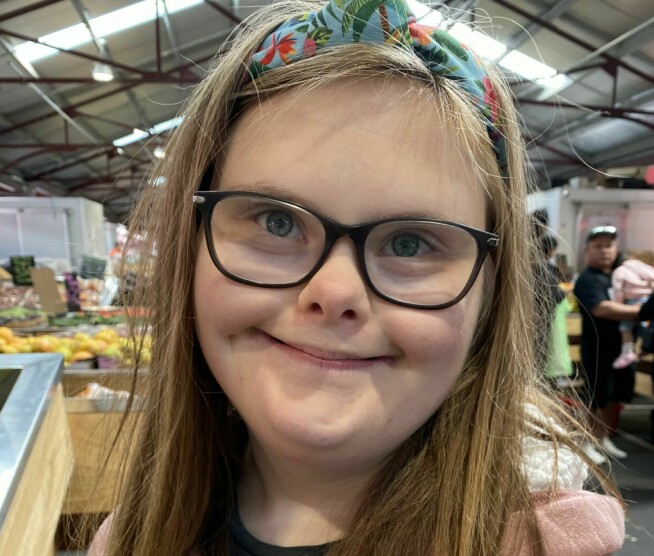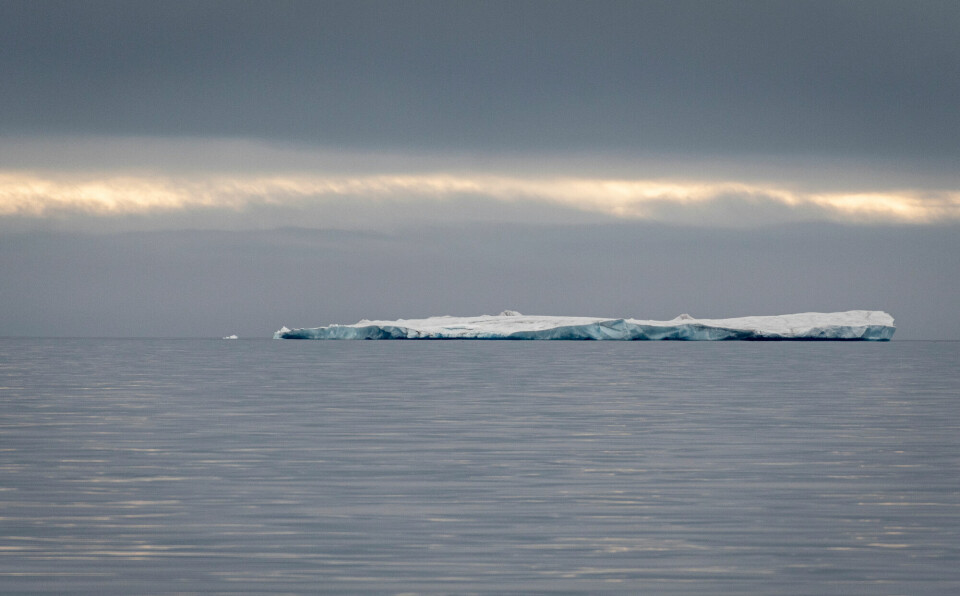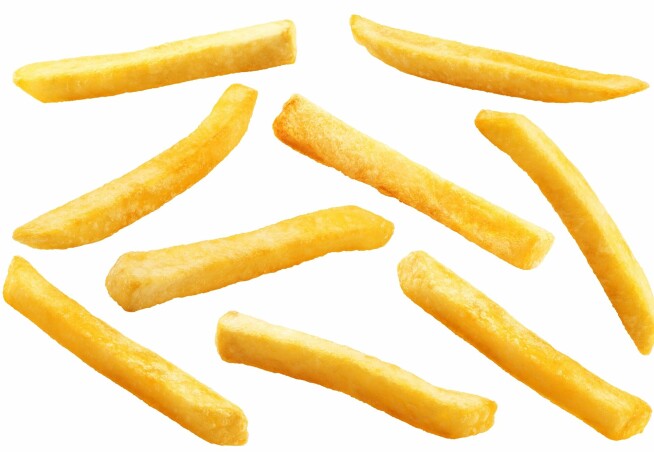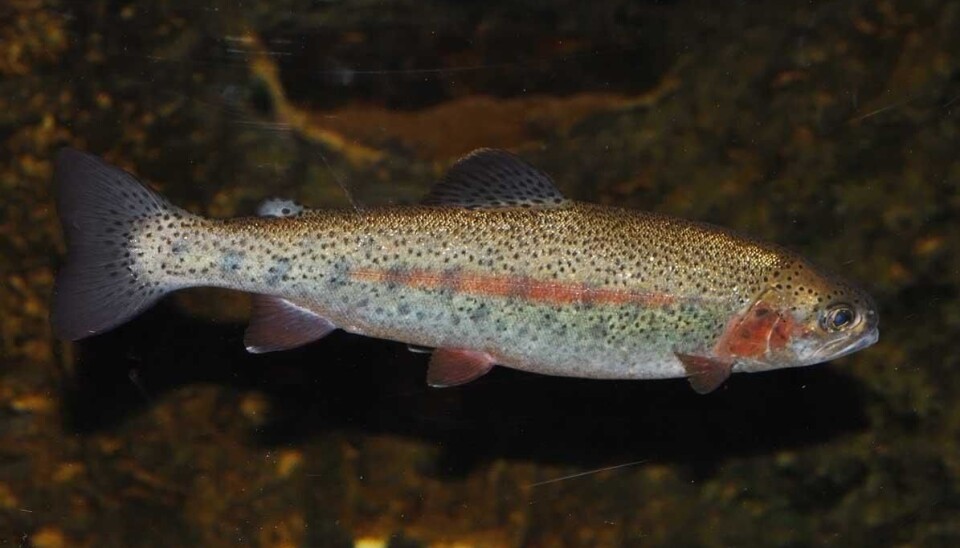
Dreaded fish disease stamped out in Denmark
Researchers have successfully stamped out the fish disease VHS in Denmark. Their methods will now be used in other countries.
Denmark has now officially eradicated Danish fish breeders’ worst nightmare: Egtved disease. Until recently, the disease resulted in the loss of between one million and five million rainbow trout every year.
This is the first time scientists have managed to eradicate the disease. The achievement is largely due to Professor Niels Jørgen Olesen and his colleagues at the National Veterinary Institute at the Technical University of Denmark (DTU Veterinary).
”Other countries said it couldn’t be done – but we’ve shown that it can be done,” says Olesen, who hopes the news can be spread to countries such as France, Italy and Germany, whose fish stocks are badly hit by the disease.
Egtved disease has high death rate
VHS (see factbox) started to ravage fish stocks in the 1950s. It was given the name ‘Egtved disease’ in 1964, when Danish researchers identified it in the river Egtved Å. VHS is widespread in large parts of Europe and North America.
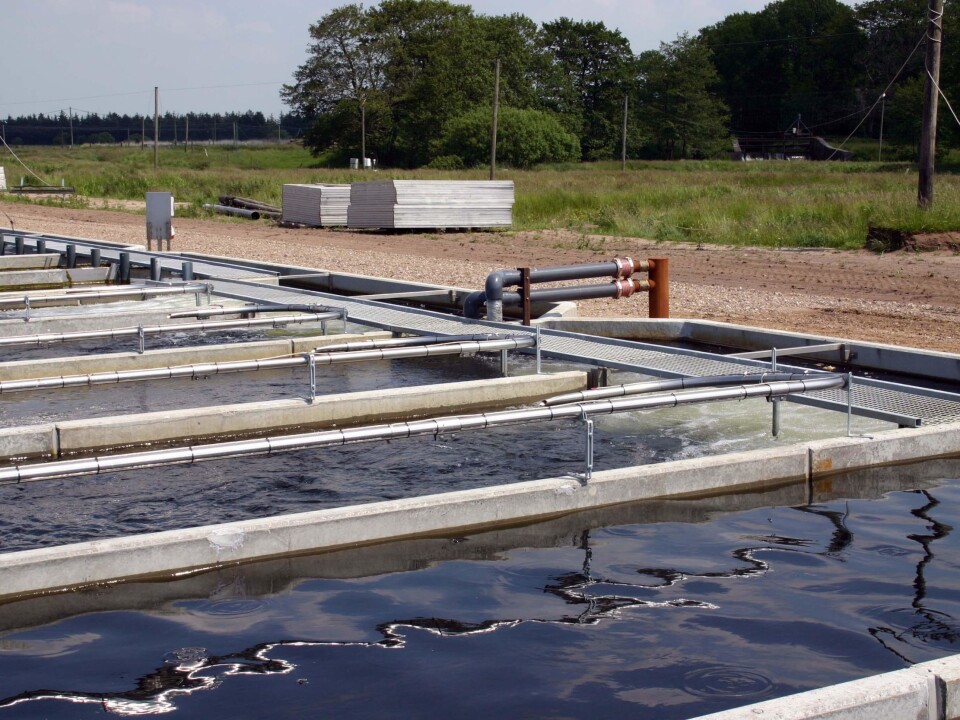
Egtved disease is a viral disease that results in a high rate of mortality for the fish that it affects. Between 20 and 95 percent of infected fish die, while the surviving fish become immune carriers of the disease.
The disease primarily hits rainbow trout bred at fish farms, which has been a great problem for Danish trout pond farming (see factbox) – Denmark is the world’s largest exporter of rainbow trout. But other fish species such as salmon and ordinary trout are also susceptible to the disease to a lesser degree.
An expensive disease
When a fish farm is hit by a VHS outbreak, there is only one solution: all the fish must be destroyed, the fish-ponds must be drained and the facilities must be disinfected. The new stock of fish must be made up of trout or roe that are certified as virus-free. And the fish breeder has to pay for everything.
It’s quite a breakthrough. This is the first time ever that a country as badly hit by the virus as Denmark has successfully eradicated the disease.
Professor Niels Jørgen Olesen
When the disease culminated, more than half of Denmark’s fish farms were infected – between 300 and 400. Egtved disease has cost Denmark considerable sums over the years, and this has prompted researchers and fish breeders to try a number of methods to eradicate the disease.
Researchers have tried everything
For many years, fish farmers tried to breed the rainbow trout using fish that survived a VHS infection and had become immune. But the project was stopped five years ago because it was far too extensive.
In addition, an attempt was made to develop a vaccine against VHS, but the method required giving the fish a living virus and meant that there was a risk of infecting other, healthy fish.
”One of the great differences between fish breeding and pig breeding, for example, is that production at fish farms is affected much more by the surrounding environments,” says Olesen. ”One consequence of this is an extreme degree of exposure to infection.”
Battle renewed with new strength
What started to look like a lost battle suddenly turned in a positive direction a couple of years ago following a € 2.7 million grant from the European Fisheries Fund.
“Up to that point, we’d only been able to fight the disease one drop at a time – simply due to financial limitations.”
With the renewed strength, the breeders, along with DTU Veterinary and the Danish Veterinary and Food Administration (DVFA), started to drain all the infected fish farms. The farms that were in the risk zone for a VHS outbreak were also drained for six weeks in the spring for two years in a row.
Today, Egtved disease is simply no longer found in Denmark.
”It’s quite a breakthrough. This is the first time ever that a country as badly hit by the virus as Denmark has successfully eradicated the disease.”
New vaccine will help keep VHS at bay
There is still a risk of a new VHS outbreak in Denmark, but the researchers believe that it will arise in the next few years – if it comes at all. The DVFA and DTU Veterinary are prepared to drain fish farms that are unfortunate enough to be infected over the next five years.
The researchers have now developed a DNA vaccine against VHS. Over time, the vaccine in combination with the drainage method will be used to ensure that there are no further VHS outbreaks in Denmark. The researchers are currently refining the vaccine so that it can be given to the fish through their food and not as an injection, one fish at a time.
The vaccine by itself is not enough to eradicate the disease completely, but it is highly effective when combined with drainage. It is also of great value for breeders who are unable to drain their farms. The vaccine is already in wide use in Canada.
”Now we finally have an effective weapon against a disease that has plagued Danish fish farms for more than 60 years,” says Niels Jørgen Olesen.
Read the article in Danish at videnskab.dk
Translated by: Michael de Laine
